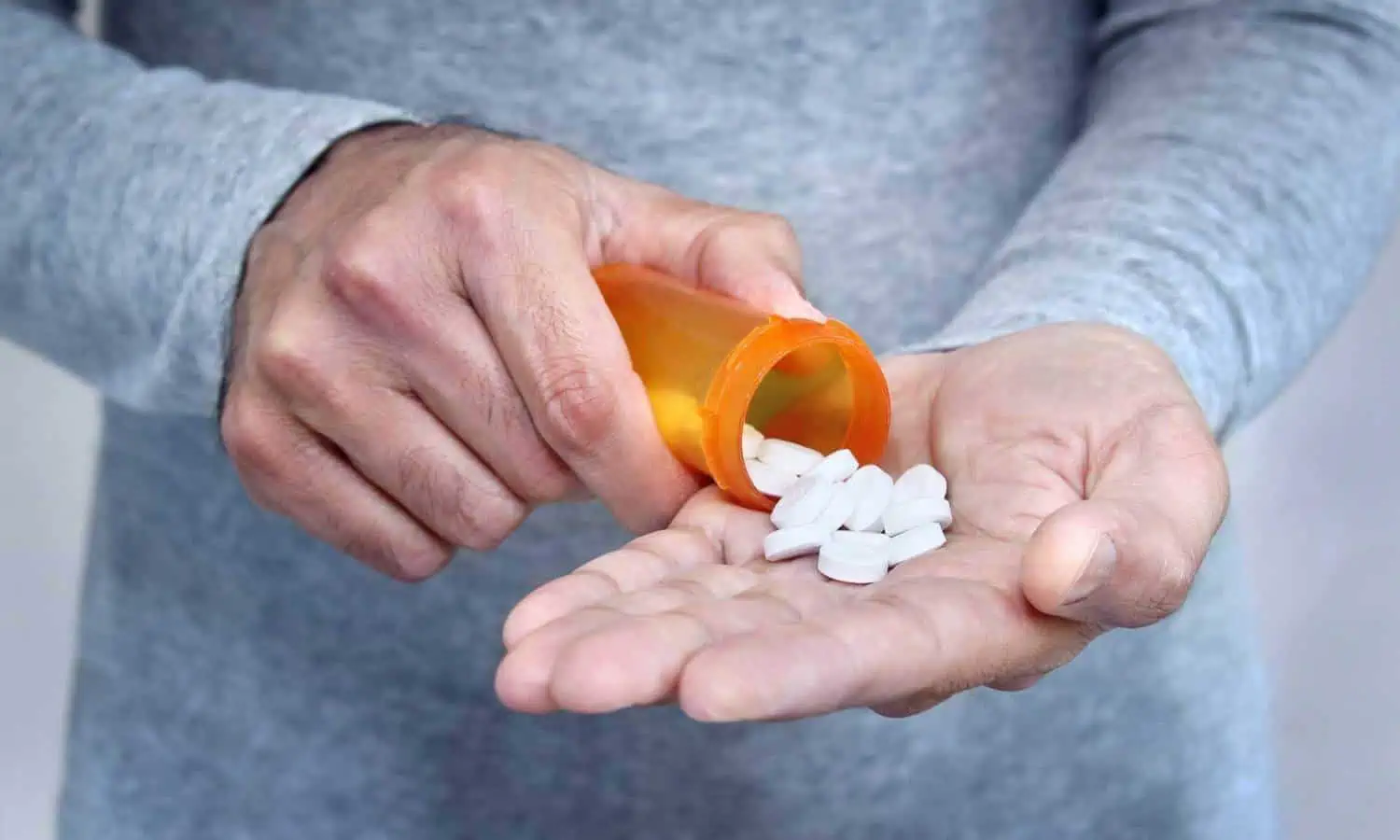Pregnancy is a miraculous journey, but for some expectant mothers, it can be complicated by the challenges of substance use. Whether it’s tobacco, alcohol, prescription medications, or illicit drugs, the consumption of these substances during pregnancy can have severe consequences for both the mother and the developing fetus. Understanding the risks and seeking appropriate support is crucial to ensuring a healthy pregnancy and a thriving child.
The Prevalence of Substance Use During Pregnancy
Estimates suggest that approximately five percent of pregnant women in the United States use one or more addictive substances during their pregnancy. While the most commonly used substance is tobacco, followed by alcohol, cannabis, and other illicit drugs, the prevalence of substance use varies across different demographics and socioeconomic factors. Research has shown that factors such as depression, anxiety, and a history of substance abuse can increase the likelihood of substance use during pregnancy.
The Dangers of Substance Use During Pregnancy
The long-term effects of substance abuse during pregnancy are extensive and can have far-reaching implications for both the mother and the unborn child. Depending on the type of substance, the timing and frequency of use, and the individual’s genetic and physiological characteristics, the consequences can range from mild to severe.
Opioids
The use of opioids during pregnancy is linked to a range of adverse outcomes, such as
- Preterm birth
- Stillbirth
- Maternal mortality
- Neonatal abstinence syndrome (withdrawal symptoms in newborns)
This includes prescription painkillers, heroin, and methadone. These effects can be particularly devastating, as the developing fetus is directly exposed to the substances through the placenta.
Stimulants
Stimulant use during pregnancy is associated with
- Maternal seizures
- Dangerously high blood pressure
- Premature membrane rupture
- Placental abruption
- Spontaneous miscarriage
- Preterm birth
Cocaine, methamphetamine, and other stimulants can have a profound impact on the cardiovascular system, posing significant risks to both the mother and the fetus.
Benzodiazepines
The use of benzodiazepines during pregnancy has been linked to an increased risk of
- Spontaneous miscarriage
- Preterm birth.
Common brand names for “benzos” include Xanax, Ativan, and Valium. Additionally, exposure to these substances during the third trimester can lead to floppy infant syndrome and respiratory problems, potentially requiring neonatal ventilation.
Alcohol
Alcohol use during pregnancy is a significant concern, as it can lead to a range of lifelong disabilities collectively known as fetal alcohol spectrum disorders (FASD). Mental, physical, and cognitive impairments are likely, including
- Low birth weight
- Small head circumference
- Poor memory
- Learning disabilities
- Vision or hearing problems
- Abnormal facial features
Tobacco
Smoking tobacco during pregnancy can have severe consequences, including
- Preterm birth
- Low birth weight
- Birth defects
- Increased risk of sudden infant death syndrome (SIDS)
Exposure to secondhand smoke can also negatively impact the developing fetus, further emphasizing the importance of a smoke-free environment during pregnancy.
Navigating Treatment Options for Pregnant Women with Substance Use Disorders (SUDs)
Seeking treatment for substance abuse during pregnancy is crucial, as abruptly stopping the use of certain substances can be dangerous for both the mother and the baby. Pregnant women with substance use disorders require specialized care that addresses their unique needs and ensures the safety of the developing fetus.
Comprehensive Assessments
The first step in the treatment process is a comprehensive assessment, where healthcare providers evaluate the individual’s substance use patterns, any co-occurring mental health conditions, medical history, and other relevant factors. This assessment helps determine the appropriate level of care and the interventions that may be most effective.
Medication-Assisted Treatment
For some substance use disorders, such as opioid use disorder (OUD), medication-assisted treatment (MAT) may be recommended. This approach combines behavioral therapy with the use of FDA-approved medications, like methadone or buprenorphine, to manage cravings and withdrawal symptoms. MAT has been shown to improve outcomes for both the mother and the baby.
Behavioral Therapies
In addition to medication-based interventions, pregnant women with substance use disorders often benefit from various behavioral therapies, such as cognitive behavioral therapy (CBT), contingency management, and family-based interventions. These therapies can help address the underlying psychological and social factors that contribute to substance use.
Prenatal Care and Coordination
Effective treatment for substance use during pregnancy requires close coordination between addiction specialists, obstetricians, and other healthcare providers. This integrated approach ensures that the mother receives comprehensive prenatal care while also addressing her substance use disorder and any associated health concerns.
Minimizing Risks: Strategies for Safer Substance Use During Pregnancy
While the safest approach is to abstain from all substances during pregnancy, there may be instances where certain medications or substances are necessary for the mother’s health or well-being. In such cases, it is crucial to work closely with healthcare providers to minimize the risks and ensure the best possible outcomes for both the mother and the baby.
Prescription Medications
If a pregnant woman requires prescription medications, she must discuss the risks and benefits with her healthcare provider. Some medicines may be deemed safe during pregnancy, while others may need to be adjusted or replaced with alternative treatments. Sudden discontinuation of certain medications can be harmful, so any changes should be made under the guidance of a medical professional.
Over-the-Counter Drugs and Supplements
Pregnant women should be cautious when using over-the-counter medications, including pain relievers, antacids, and sleep aids. It is advisable to consult with a healthcare provider before taking any of these products, as some may have the potential to impact the developing fetus.
Caffeine
Moderate caffeine consumption, up to 200 milligrams per day (the equivalent of one 12-ounce cup of coffee), is generally considered safe during pregnancy. However, it is essential to be mindful of the sources of caffeine, as it can be found in various beverages, foods, and medications.
Breastfeeding and Substance Use
The challenges of substance use do not end with pregnancy. Nursing mothers must also be mindful of the potential risks associated with using substances while breastfeeding. Substances like alcohol, nicotine, and some prescription medications can be passed through breast milk, potentially affecting the infant’s health and development.
Alcohol and Breastfeeding
While moderate alcohol consumption during breastfeeding is generally considered safe, it is recommended to limit intake to no more than two alcoholic beverages per day and to time breastfeeding to occur at least two hours after the last drink to minimize the amount of alcohol passed to the infant.
Nicotine and Breastfeeding
Nursing mothers who smoke tobacco should be aware that nicotine is present in breast milk and can have negative impacts on the infant’s brain and body development. Quitting smoking or using nicotine replacement therapies may be beneficial for both the mother and the child.
Prescription Medications and Breastfeeding
Some prescription medications may be compatible with breastfeeding, while others may have unknown effects or pose risks to the nursing infant. Mothers should consult with their healthcare providers to determine the safest course of action when it comes to using prescription drugs while breastfeeding.
Navigating the Postpartum Period: Maintaining Sobriety and Providing Care
The postpartum period can be a challenging time for new mothers, particularly those who have struggled with substance use. Below are resources to help mothers focus on sobriety while also caring for their newborns.
Postpartum Support Services
Comprehensive postpartum care for women with substance use disorders should include access to support groups, counseling, and other resources that address the unique challenges they face. These services can help mothers navigate early motherhood’s emotional and practical aspects while maintaining their recovery.
Neonatal Abstinence Syndrome (NAS) Management
Infants born to mothers who have used specific substances during pregnancy may experience neonatal abstinence syndrome, a condition characterized by withdrawal symptoms. Healthcare providers can work with the mother to manage the infant’s symptoms, including rooming-in, breastfeeding, and specialized medications.
Coordinated Care
Effective postpartum care for women with substance use disorders requires a multidisciplinary approach, with close collaboration between addiction specialists, pediatricians, social workers, and other healthcare professionals. This coordinated effort ensures that the mother and the child receive the necessary support and resources to thrive.
If you or someone you know is pregnant, breastfeeding, or postpartum and is struggling with substance abuse, help is available for both the mother, developing fetus, and child to pave the road to long-term sobriety and a contented motherhood.
If you or a loved one is struggling with addiction, Mountainside can help.
Click here or call (888) 833-4676 to speak with one of our addiction treatment experts.

 By
By 







